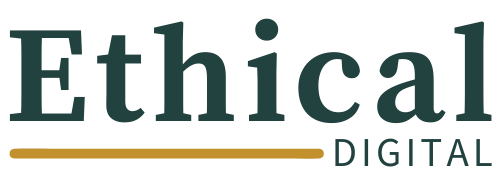
The Problem with Misinformation
Marketers, Communications Professionals, Internal Communications, Marketing Students
Target Audience
30 mins -3 hours
Duration and Schedule
English, Keynote or Online training
Language and Format
TRAINING
It’s becoming harder to distinguish between true and false information online. As communications professionals, we are responsible for ensuring we are fact-checking and not sharing misinformation. Learn how to identify misinformation, practical tips for finding accurate content, and strategies for responding to incorrect posts.

Course Overview
In today’s digital age, distinguishing between true and false information online has become increasingly challenging. As communications professionals, we play a critical role in ensuring that the information we share is accurate and reliable. This course will equip you with the tools and strategies to identify misinformation, fact-check content effectively, and respond appropriately to incorrect posts. You will learn how to spot common signs of misinformation, utilize reliable sources for verification, and navigate the complex landscape of online content. By the end of the course, you will be empowered to uphold the integrity of your communications and contribute to a more informed digital environment.
Learning Objectives
Identify common types of misinformation and understand the factors that contribute to its spread online.
Learn effective fact-checking techniques to assess the accuracy of information and verify content from credible sources.
Develop strategies for responding to incorrect posts in a professional and responsible manner, maintaining trust and credibility.
Understand the role of communications professionals in combatting misinformation and promoting the dissemination of accurate, reliable information.
Career Outcomes
Enhanced Credibility and Trust: By mastering fact-checking techniques and accurately verifying information, participants will strengthen their reputation as reliable and trustworthy communications professionals.
Improved Critical Thinking and Analytical Skills: Attendees will develop sharper critical thinking skills, enabling them to assess the validity of information more effectively and make informed decisions in their communications strategies.
Increased Leadership in Crisis Management: With strategies for identifying and responding to misinformation, participants will be better equipped to lead and manage communication efforts during times of misinformation or public relations crises.
Stronger Communication Ethics: By understanding the importance of sharing accurate information, attendees will reinforce ethical communication practices in their professional roles, enhancing their integrity and leadership in the field.
Career Advancement Opportunities: By demonstrating expertise in navigating misinformation, participants will stand out as skilled professionals in fields such as public relations, marketing, digital communications, and media relations, increasing their potential for career growth.

